China has criticized the United States for its discriminatory subsidy policies and measures, and called on the World Trade Organization to strengthen its monitoring of the latter's violation of the WTO's rules.
This move demonstrates China's determination to safeguard multilateralism and efforts to draw support from established international mechanisms and institutions to ensure its interests, said experts.
During a regular meeting of the WTO's Committee on Subsidies and Countervailing Measures held on Tuesday in Geneva, Switzerland, Chinese representatives highlighted that the U.S. Inflation Reduction Act of 2022 has used the guise of "green" policies to implement protectionist practices, according to a report by China Media Group released on Wednesday.
The act covers subsidies related to clean energy industries, and includes a provision that restricts the use of batteries from a "foreign entity of concern" in electric vehicles. It affects not only China but also other economies such as the European Union and South Korea, and is viewed as a violation of international trade rules by a number of countries.
In the specific implementation fields, the U.S. interprets the "free trade agreements" arbitrarily, seriously undermining global trade rules, said Chinese representatives.
They also pointed out that the U.S. CHIPS and Science Act of 2022 reflects the U.S.' "double standard "approach to industrial subsidies. U.S. chip subsidies are closely coordinated with export controls, seriously disrupting the global semiconductor supply chain.
This act prohibits companies from expanding their advanced semiconductor manufacturing in China for 10 years after they receive a subsidy to build a U.S. plant.
Chinese representatives said this behavior reflects the U.S.' Cold War mentality and bullying in the field of trade. It has not only seriously harmed China's interests but also affected the immediate interests of all parties, including the U.S. and its allies.
In December, China filed a lawsuit at the WTO against the U.S. over the latter's chip export control measures.
Under WTO rules, its agreement on subsidies and countervailing measures disciplines the use of subsidies, and it regulates the actions countries can take to counter the effects of subsidies, according to the organization's website.
The agreement enables a country to utilize the WTO's dispute-settlement procedure to seek the withdrawal of the subsidy or the removal of its adverse effects.
Chinese representatives also urged the U.S. to remove discriminatory and distorting subsidy measures that do not comply with WTO rules, and called on the WTO to strengthen its monitoring of the U.S.' violation of WTO rules.
They also emphasized the importance of maintaining the stability and resilience of the global semiconductor supply and value chains through collaborative efforts among WTO members.
Export restrictions, often implemented in the name of national security, are essentially a trade measure that must adhere to WTO rules, said Tu Xinquan, dean of the China Institute for WTO Studies at the University of International Business and Economics in Beijing.
They should not be an instrument of competition, Tu said.
Chen Wenling, chief economist at the Beijing-based China Center for International Economic Exchanges, said an open industry or market can enhance corporate competitiveness and spur technological innovation, thereby promoting high-quality economic development.
The expansion of China's openness and willingness to trade is a pivotal driver for its trade partners, as it will help to promote a more equitable, inclusive and balanced global economic system, she added.












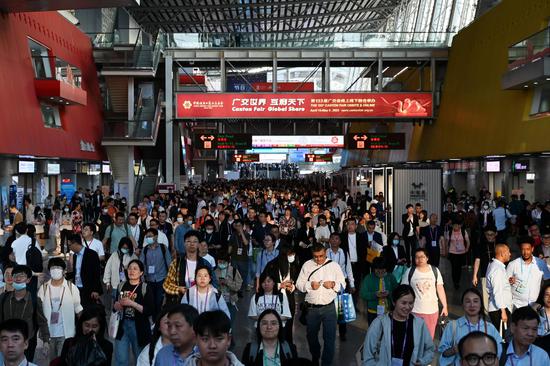
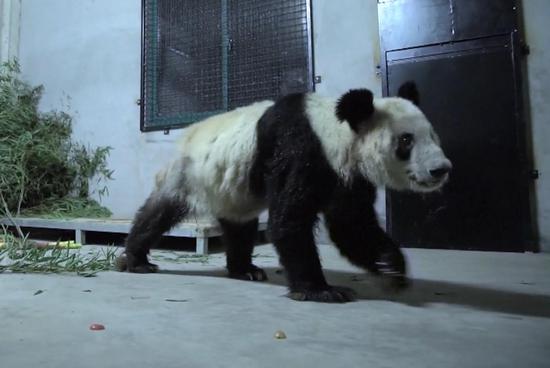



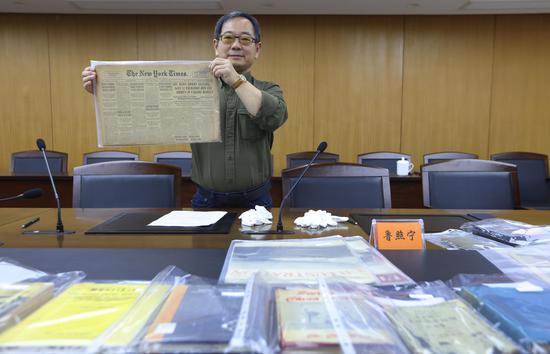















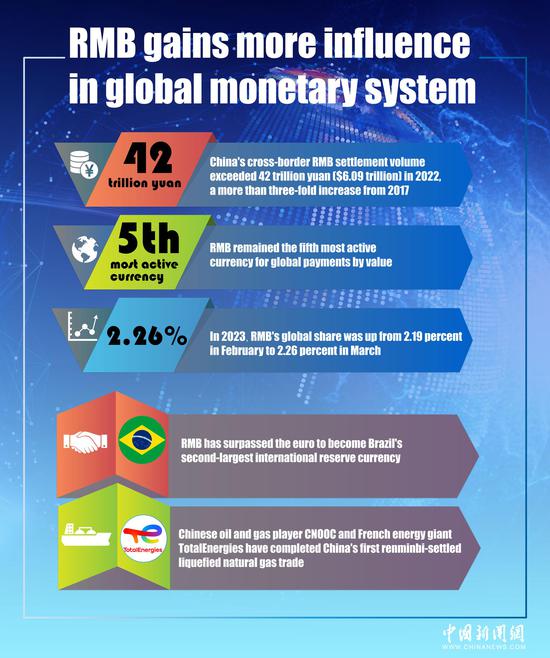
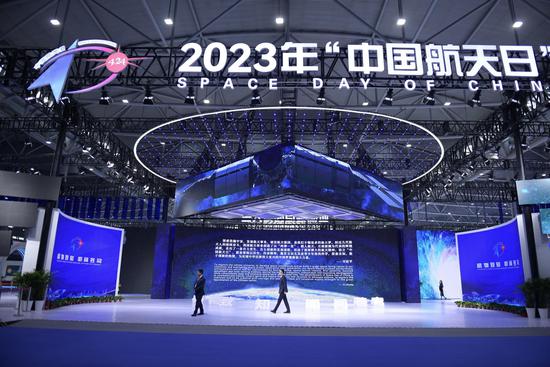

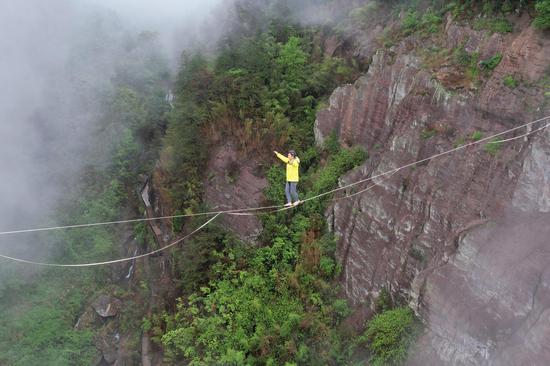


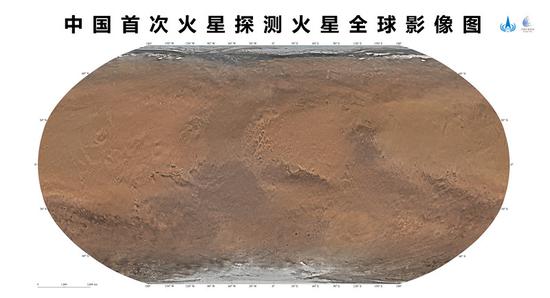


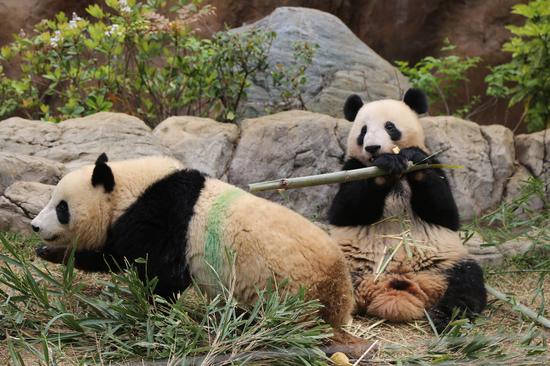
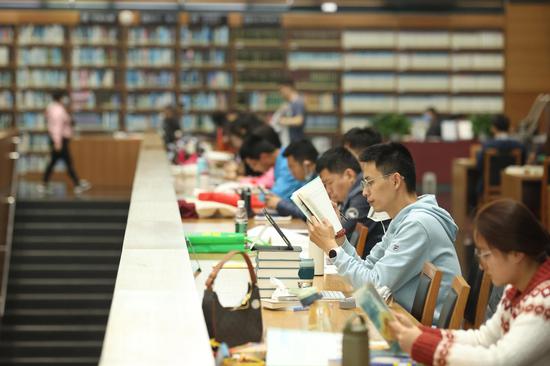






 京公网安备 11010202009201号
京公网安备 11010202009201号